- Note: this is an E-book version(PDF), not a physical book
- After purchasing you’ll receive Your E-book in the email as a link to download it
- You will receive your E-book between 5 Min – 10 Hours
About Books
Top #5 E-Books
Rich Dad Poor Dad: What the Rich Teach Their Kids About Money—That the Poor and Middle Class Do Not!
In Rich Dad Poor Dad, the #1 Personal Finance book of all time, Robert Kiyosaki shares the story of his two dad: his real father, whom he calls his ‘poor dad,’ and the father of his best friend, the man who became his mentor and his ‘rich dad.’ One man was well educated and an employee all his life, the other’s education was “street smarts” over traditional classroom education and he took the path of entrepreneurship…a road that led him to become one of the wealthiest men in Hawaii. Robert’s poor dad struggled financially all his life, and these two dads—these very different points of view of money, investing, and employment—shaped Robert’s thinking about money. Robert has challenged and changed the way tens of millions of people, around the world, think about money and investing and he has become a global advocate for financial education and the path to financial freedom. Rich Dad Poor Dad (and the Rich Dad series it spawned) has sold over 36 million copies in English and translated editions around the world. Rich Dad Poor Dad will… • explode the myth that you need to earn a high income to become rich • challenge the belief that your house is an asset • show parents why they can’t rely on the school system to teach their kids about money • define, once and for all, an asset and a liability • explain the difference between good debt and bad debt • teach you to see the world of money from different perspectives • discuss the shift in mindset that can put you on the road to financial freedom
Thinking, Fast And Slow
In his mega bestseller, Thinking, Fast and Slow, Daniel Kahneman, the renowned psychologist and winner of the Nobel Prize in Economics, takes us on a groundbreaking tour of the mind and explains the two systems that drive the way we think.
System 1 is fast, intuitive, and emotional; System 2 is slower, more deliberative, and more logical. The impact of overconfidence on corporate strategies, the difficulties of predicting what will make us happy in the future, the profound effect of cognitive biases on everything from playing the stock market to planning our next vacation—each of these can be understood only by knowing how the two systems shape our judgments and decisions.
Engaging the reader in a lively conversation about how we think, Kahneman reveals where we can and cannot trust our intuitions and how we can tap into the benefits of slow thinking. He offers practical and enlightening insights into how choices are made in both our business and our personal lives—and how we can use different techniques to guard against the mental glitches that often get us into trouble. Winner of the National Academy of Sciences Best Book Award and the Los Angeles Times Book Prize and selected by The New York Times Book Review as one of the ten best books of 2011, Thinking, Fast and Slow is destined to be a classic.
Atomic Habits
No matter your goals, Atomic Habits offers a proven framework for improving–every day. James Clear, one of the world’s leading experts on habit formation, reveals practical strategies that will teach you exactly how to form good habits, break bad ones, and master the tiny behaviors that lead to remarkable results.
If you’re having trouble changing your habits, the problem isn’t you. The problem is your system. Bad habits repeat themselves again and again not because you don’t want to change, but because you have the wrong system for change. You do not rise to the level of your goals. You fall to the level of your systems. Here, you’ll get a proven system that can take you to new heights.
Clear is known for his ability to distill complex topics into simple behaviors that can be easily applied to daily life and work. Here, he draws on the most proven ideas from biology, psychology, and neuroscience to create an easy-to-understand guide for making good habits inevitable and bad habits impossible. Along the way, readers will be inspired and entertained with true stories from Olympic gold medalists, award-winning artists, business leaders, life-saving physicians, and star comedians who have used the science of small habits to master their craft and vault to the top of their field.
Search Inside Yourself: The Unexpected Path to Achieving Success, Happiness
With Search Inside Yourself, Chade-Meng Tan, one of Google’s earliest engineers and personal growth pioneer, offers a proven method for enhancing mindfulness and emotional intelligence in life and work.
Meng’s job is to teach Google’s best and brightest how to apply mindfulness techniques in the office and beyond; now, readers everywhere can get insider access to one of the most sought after classes in the country, a course in health, happiness and creativity that is improving the livelihood and productivity of those responsible for one of the most successful businesses in the world.
With forewords by Daniel Goleman, author of the international bestseller Emotional Intelligence, and Jon Kabat-Zinn, renowned mindfulness expert and author of Coming To Our Senses, Meng’s Search Inside Yourself is an invaluable guide to achieving your own best potential.
The Power of Habit: Why We Do What We do in Life and Business
roundbreaking new research shows that by grabbing hold of the three-step “loop” all habits form in our brains–cue, routine, reward–we can change them, giving us the power to take control over our lives.
“We are what we repeatedly do,” said Aristotle. “Excellence, then, is not an act, but a habit.” On the most basic level, a habit is a simple neurological loop: there is a cue (my mouth feels gross), a routine (hello, Crest), and a reward (ahhh, minty fresh). Understanding this loop is the key to exercising regularly or becoming more productive at work or tapping into reserves of creativity. Marketers, too, are learning how to exploit these loops to boost sales; CEOs and coaches are using them to change how employees work and athletes compete. As this book shows, tweaking even one habit, as long as it’s the right one, can have staggering effects.
In The Power of Habit, award-winning New York Times business reporter Charles Duhigg takes readers inside labs where brain scans record habits as they flourish and die; classrooms in which students learn to boost their willpower; and boardrooms where executives dream up products that tug on our deepest habitual urges. Full of compelling narratives that will appeal to fans of Michael Lewis, Jonah Lehrer, and Chip and Dan Heath, The Power of Habitcontains an exhilarating argument: our most basic actions are not the product of well-considered decision making, but of habits we often do not realize exist. By harnessing this new science, we can transform our lives.
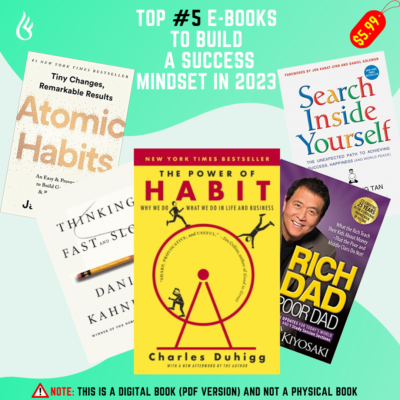

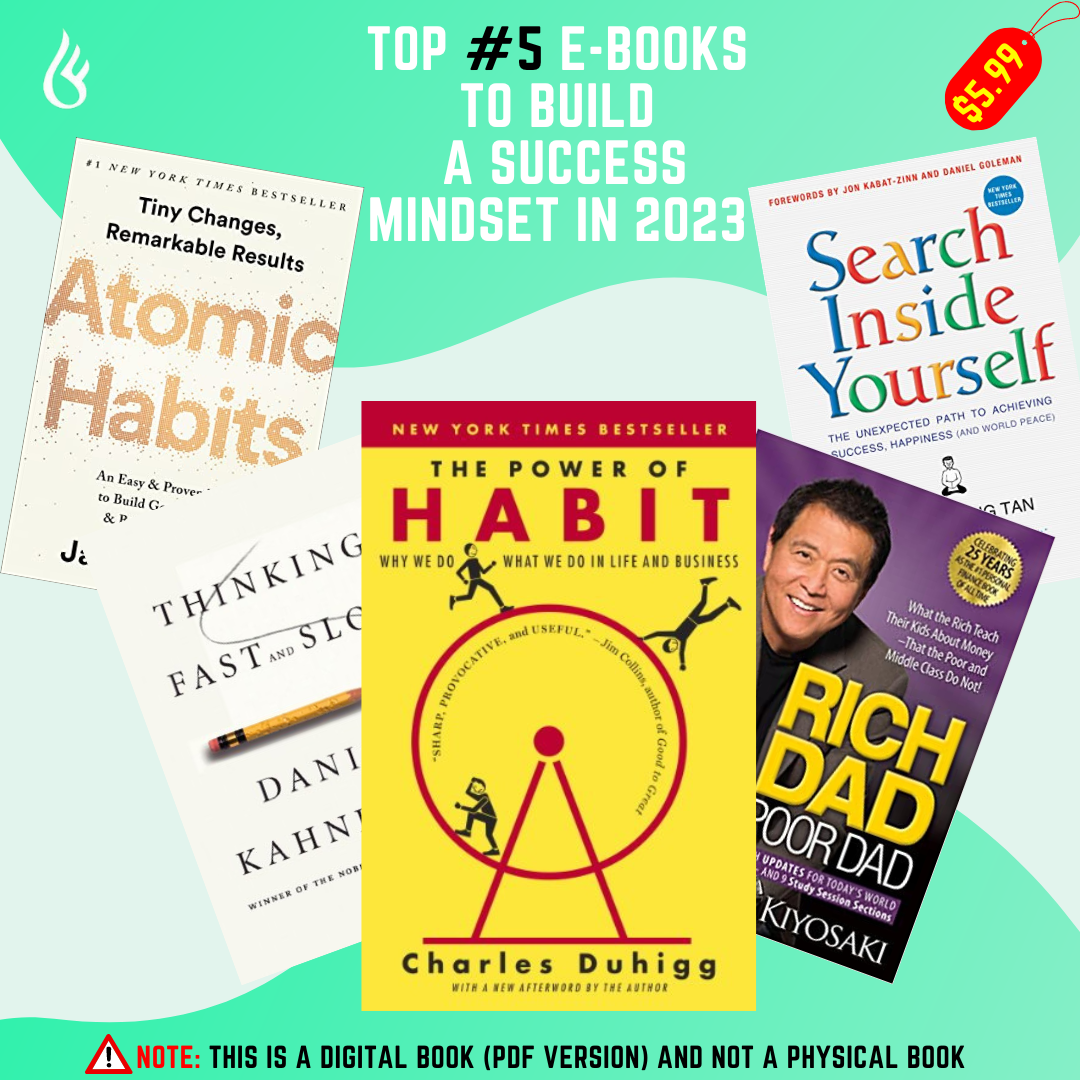
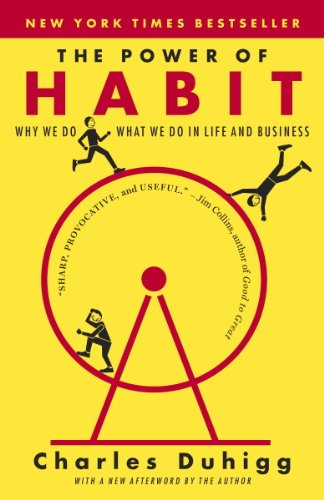
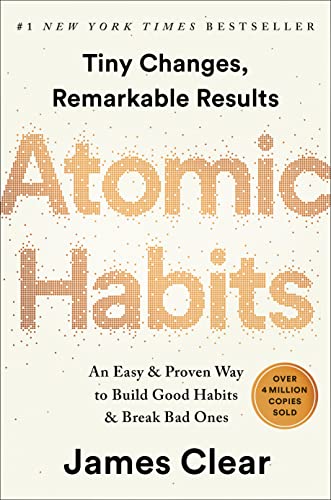
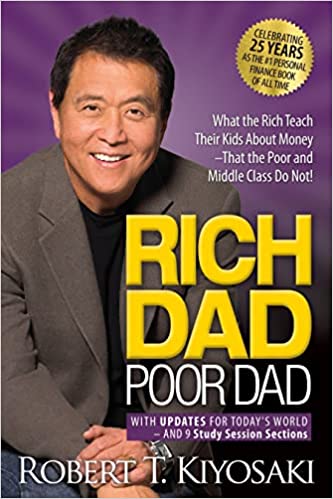
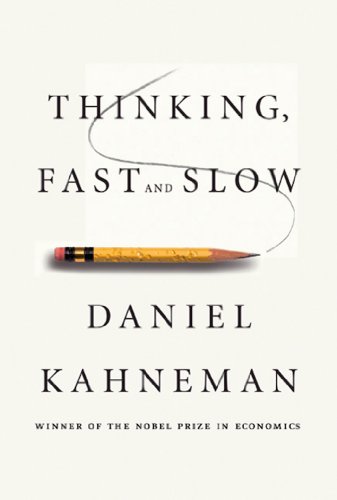
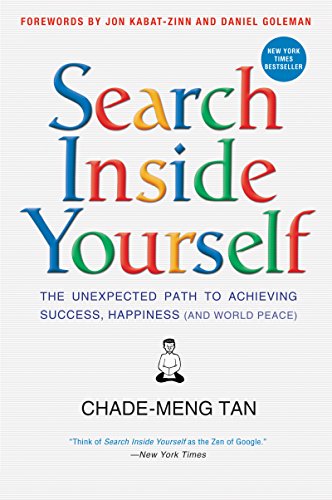
















Reviews
There are no reviews yet.